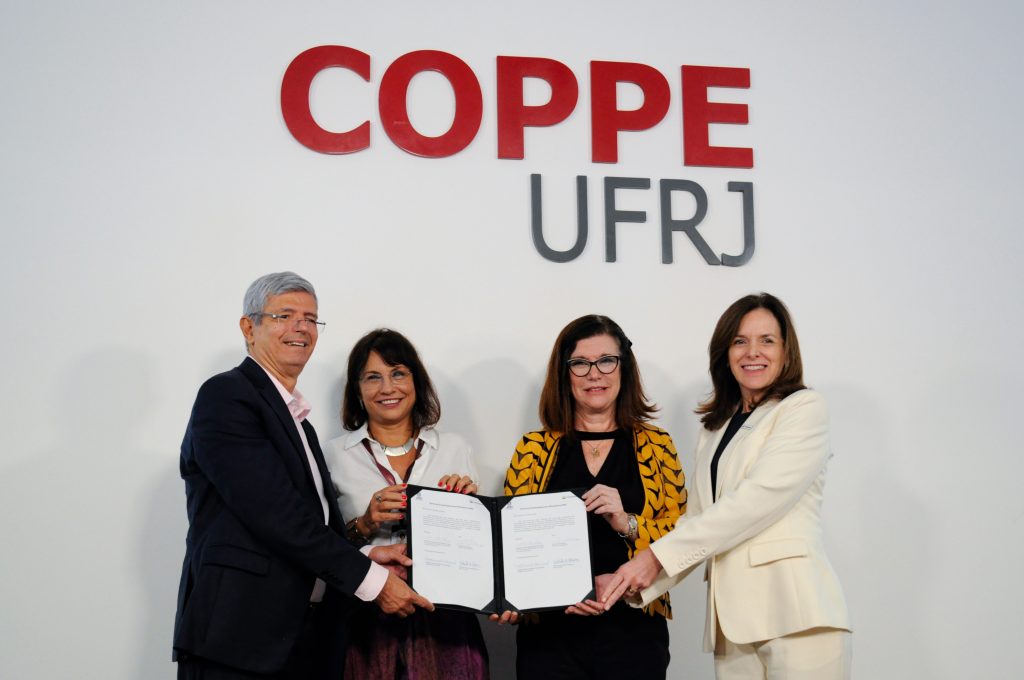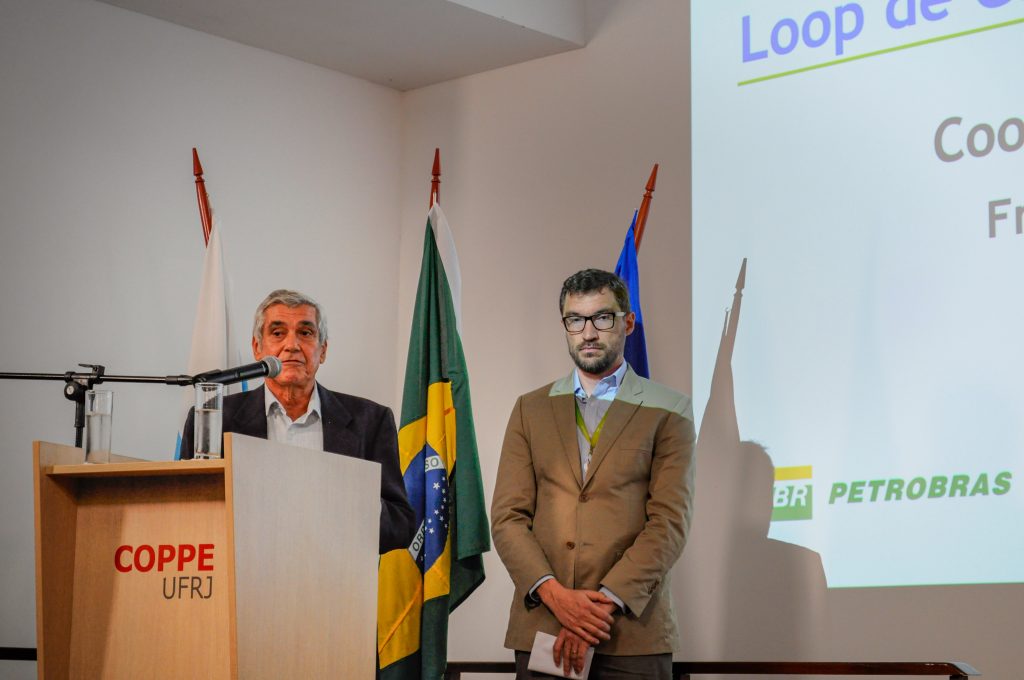Flow Assurance Loop: Coppe and Petrobras Launch Major Research and Innovation Project
Planeta COPPE / Chemical Engineering / Energy / Institutional News / Low Carbon / News
Date: 03/06/2025

Coppe/UFRJ and Petrobras officially launched, on Wednesday, April 16, a new partnership to create Brazil’s largest and most advanced Flow Assurance Loop. Designed and operated by researchers from Coppe’s Chemical Engineering Program (PEQ), the Loop will serve as a key infrastructure for studying the behavior of hydrates, waxes, and asphaltenes in fluid transport systems, such as natural gas and oil pipelines.
With 150 meters of piping, it will be the only facility in the country capable of researching flows with up to 100% CO₂. The over 10,000 m² installation will be located at the UFRJ Technology Park.
“The formation of these solid or viscous substances in subsea pipelines can lead to significant losses,” explained Professor Frederico Tavares, project coordinator. “The Loop will play a key role in reducing Capex (capital expenditures) and Opex (operational expenditures) for offshore operations,” he emphasized.
According to Coppe’s director, Professor Suzana Kahn, the partnership behind the Loop’s construction “is more than a new project or infrastructure—it represents the continuity of a decades-long partnership between Coppe and Petrobras, which has been essential for scientific and technological advancement in Brazil. It’s a historic collaboration that we are very proud of. UFRJ is the university with the largest number of active projects with Cenpes, most of them through Coppe. In recent years alone, there have been over 400 projects, amounting to R$ 1.3 billion in investments. We’ve filed 73 patent applications and have 147 active cooperation agreements on topics such as reservoir management analysis, flow in porous media, artificial intelligence, offshore electrification, among others.”
“This partnership shows how universities and industry must work together to foster the country’s development. It’s the best way to drive innovation and keep us at the forefront. What we are celebrating here is the vital link between science and its application—between universities and society,” added Professor Suzana.
Echoing this sentiment, Petrobras’ Executive Director of Engineering, Technology, and Innovation, Renata Baruzzi, stated that the Loop represents “not only a technological breakthrough but the strength of our partnership.”
“The issue of hydrate formation is critical for Petrobras, and the Loop will help us address day-to-day challenges. In addition, it will provide a significant advantage for tackling CO₂ transportation issues, supporting CO₂ capture and storage projects aligned with our strategic vision of a just energy transition,” said Renata Baruzzi.

According to Jefferson Henschel, Reservoir Engineering Manager at Cenpes/Petrobras, the formation of hydrates, waxes, and other substances “leads to operational losses and substantial lost profits. This is a matter of interest for Petrobras and for the oil and gas industry as a whole. We need to better understand and control these physical-chemical phenomena. Currently, we have eleven ongoing research projects that would greatly benefit if the Loop were already operational, providing data closer to real field conditions.”
Petrobras’ CEO, Magda Chambriard, emphasized that innovation, embedded technology, and strong technical collaboration with Brazilian science have always been part of Petrobras’ seven-decade history.
“We are committed to national development—our industry, our academic environment. When we look at Petrobras’ business plan, we are talking about US$111 billion in investments over the next five years: increasing gas production; handling CO₂-rich gas streams and transporting them to the coast; ensuring flow assurance, as hydrate formation in our pipelines is a recurring challenge—and much more.”
UFRJ’s rector, Professor Roberto Medronho, closed the event by stating: “At a time when science is under attack, Brazil is setting an example to the world. Despite budget constraints, science is carried out with excellence here at UFRJ.”
Professor Frederico Tavares, the project coordinator, added: “Our Loop was inspired by similar structures in France and the United States, but it has unique features and will be able to handle flows with up to 100% CO₂. Moreover, it will be a flexible structure capable of supporting a wide range of research on carbon transport—one of the current bottlenecks in both academic and industrial research.”
The event was recorded and is available on Coppe’s YouTube channel.
- Flow Assurance
- Fluid Mechanics
- Innovation
- Oil and Gas
